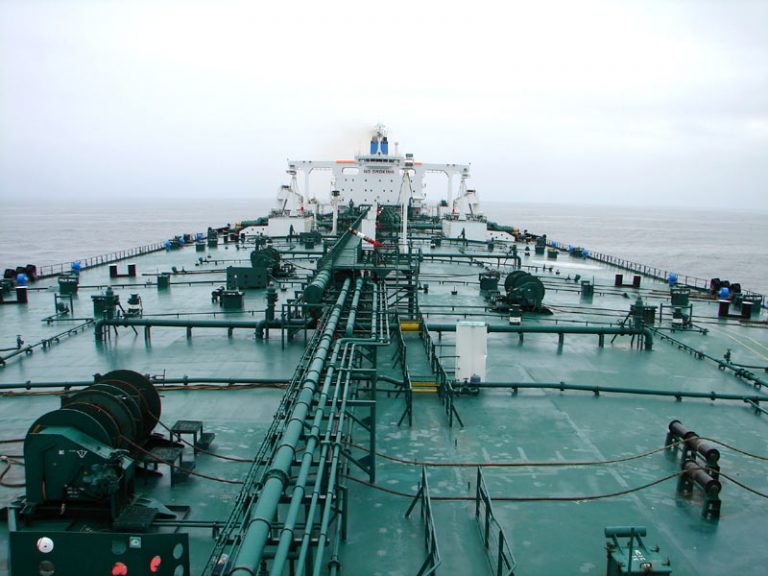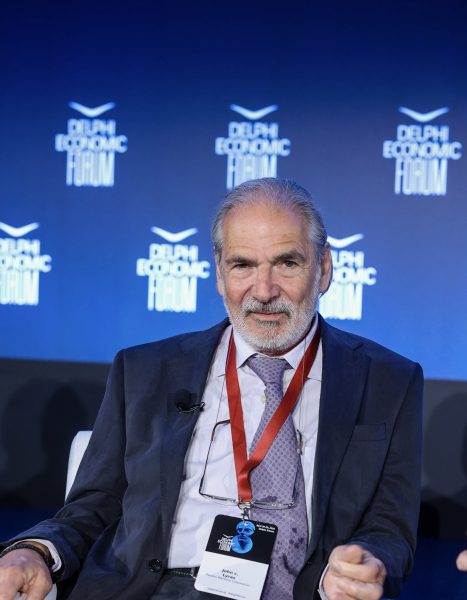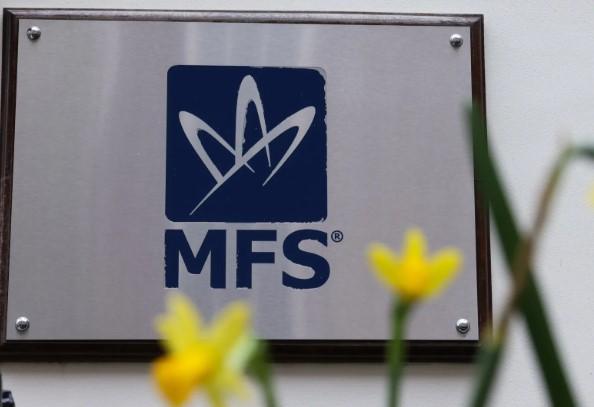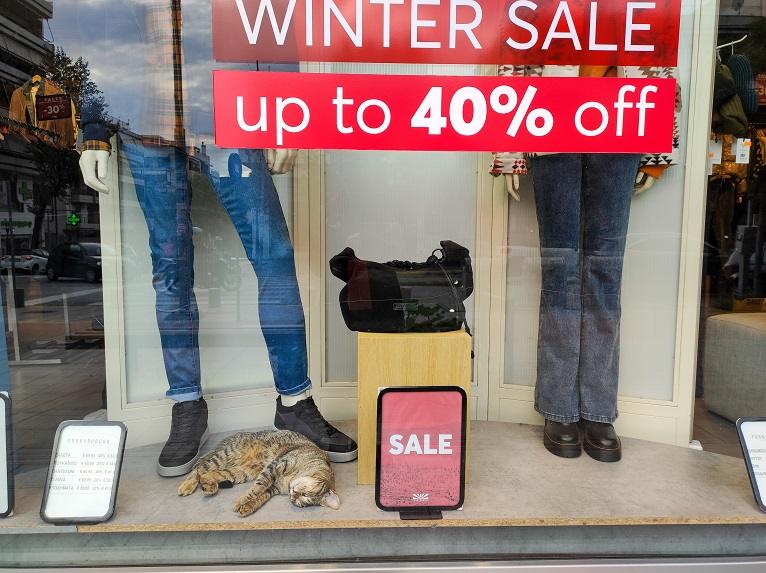The representatives of the Union of Greek Shipowners maped out the positions of the world’s largest shipping company, pointing out that the sector does not need more regulations, but better ones.
In this context, it was emphasized that the environmental and political agenda of the European Union must take into account the irreplaceable, strategic role of Community shipping, while it is vital that safety is the guiding principle for all environmental regulations.
As, as the UGS representatives mentioned, there is no single solution that fits all shipping sectors, Greek shipping is in a very good position to respond and adapt to the ESG era as a leader in the implementation of innovative, technological developments.
“Superiority of Europe”
The speech of the president of the Union of Greek Shipowners, Melina Travlos, at the Opening Session, at the Delphi Economic Forum, was characteristic. She, institutionally representing the leading branch of the national economy, Greek shipping, pointed out that it is the superweapon of Europe. “It is a national, economic partner. Provider of billions of euros in maritime foreign exchange, employer of hundreds of thousands of direct and indirect jobs and a steady investor in other sectors of our national economy as well. It is a national capital, identified with national pride. The national beneficence and social solidarity towards the homeland, towards Greek women and Greek citizens, is consistent, silent, broad”.
According to Ms Travlos, “our navy is our history. The new order of things has a new challenge, a new philosophy. An order where “business” and “well-being” coexist. Where the center is human beings. The one where the “I” recedes and the “we” takes its place again. Sustainable development requires sustainable people. Let’s put “well-being” back at the center of development and new data. The protection of human value and coexistence is the challenge, but also the only solution. Our future, the future of humanity, is only humanity itself. We are”.

“Structural weaknesses in the revised EU ETS”
For his part, the vice-president of the UGS, Antonis Laimos, said, among other things, that “legislative regulations of horizontal application of the EU often do not take into account the unique characteristics of the shipping sector and the social and economic impact they have. There are structural weaknesses in the revised EU ETS, which includes shipping. It is important that we try to shape the new regulations so that they can achieve their objectives without overburdening the end consumer.”
Mr. Lemos stressed that Greek shipping is in a very good position to respond and adapt to the new era, remaining loyal to its long-standing commitment to environmental protection. H also noted the vital role of shipping in the global economy, ad its continued contribution during the covid pandemic.

“Commitment to the goal of decarbonisation”
Dimitrios Fafalios, secretary of the UGS, stressed the need for global regulation to avoid distortion of competition, and the need for a balance between efficiency and decarbonisation, as well as the need for safety. Alternative fuels and technologies, which are not yet available, should be safe, seaworthy and available globally in sufficient quantities, he noted.

“Shipping needs better, not more regulations”
Regarding the need to move towards “green shipping”, UGS treasurer Ioannis Xylas underlined that the commitment and coordination of all parties involved is vital for the decarbonisation of shipping. “We need better regulations, not more regulations,” he stressed. Shipping has a lot of specialized know-how about what is applicable and appropriate for the needs and the way each shipping sector operates, as there is no one solution that fits all sectors, noted.

“Additional Challenges”
Finally, Ioannis Lyras, a member of the Union’s Board of Directors, noted that the shipping industry, which is already the most energy-efficient way of transporting goods, is fully committed to the goal of decarbonisation, despite the fact that it is a sector that is absolutely dependent on fossil fuels. Its decarbonisation primarily requires the production in sufficient quantities of alternative sustainable fuels and technologies, which are not yet available, as well as the cooperation and commitment of a significant number of other stakeholders, such as producers, fuel suppliers, shipyards and engine manufacturers. Bulk/tramp shipping, which carries 86% of the world’s maritime trade in energy, raw materials, grains and other agricultural products, faces additional challenges due to its global activity and the way it operates, in which the operator that commercially operates the vessel ( charterer) holds a structural role. The strategic role of EU shipping, guaranteeing the security of supply of the EU’s energy sources and other essential goods from different regions of the world, needs to be better recognized by EU institutions and policy makers. This will be achieved if regulations are adopted with a Flag State approach, taking due account of the need for European shipping to remain sustainable and globally competitive,” he said











![Ρωσία: Αυξάνει τις επιθέσεις με drones [γράφημα]](https://www.ot.gr/wp-content/uploads/2026/02/UKRAINE-DRONE-ATTACK-300x300.jpg)




















![Ρωσία: Αυξάνει τις επιθέσεις με drones [γράφημα]](https://www.ot.gr/wp-content/uploads/2026/02/UKRAINE-DRONE-ATTACK.jpg)













